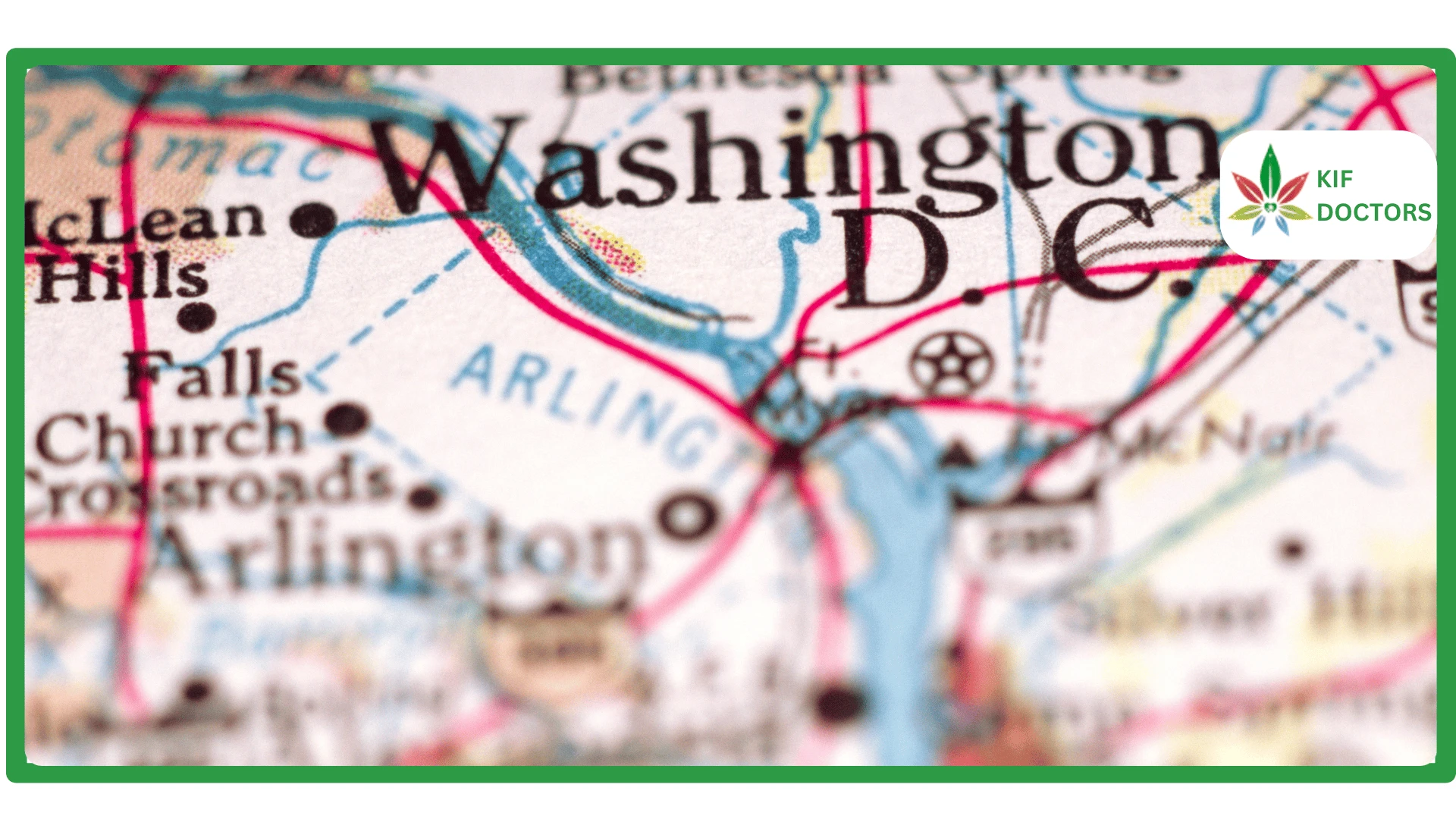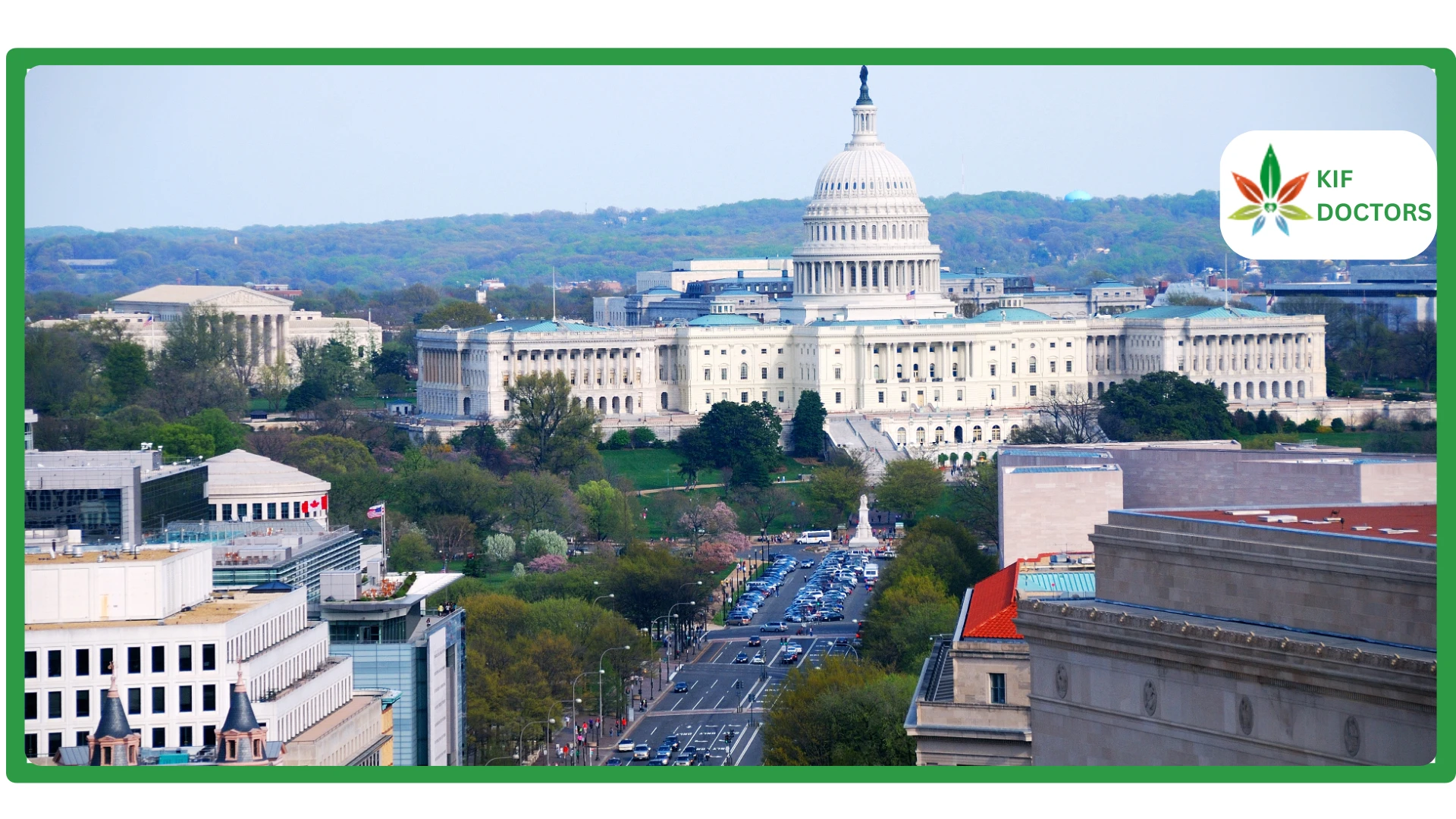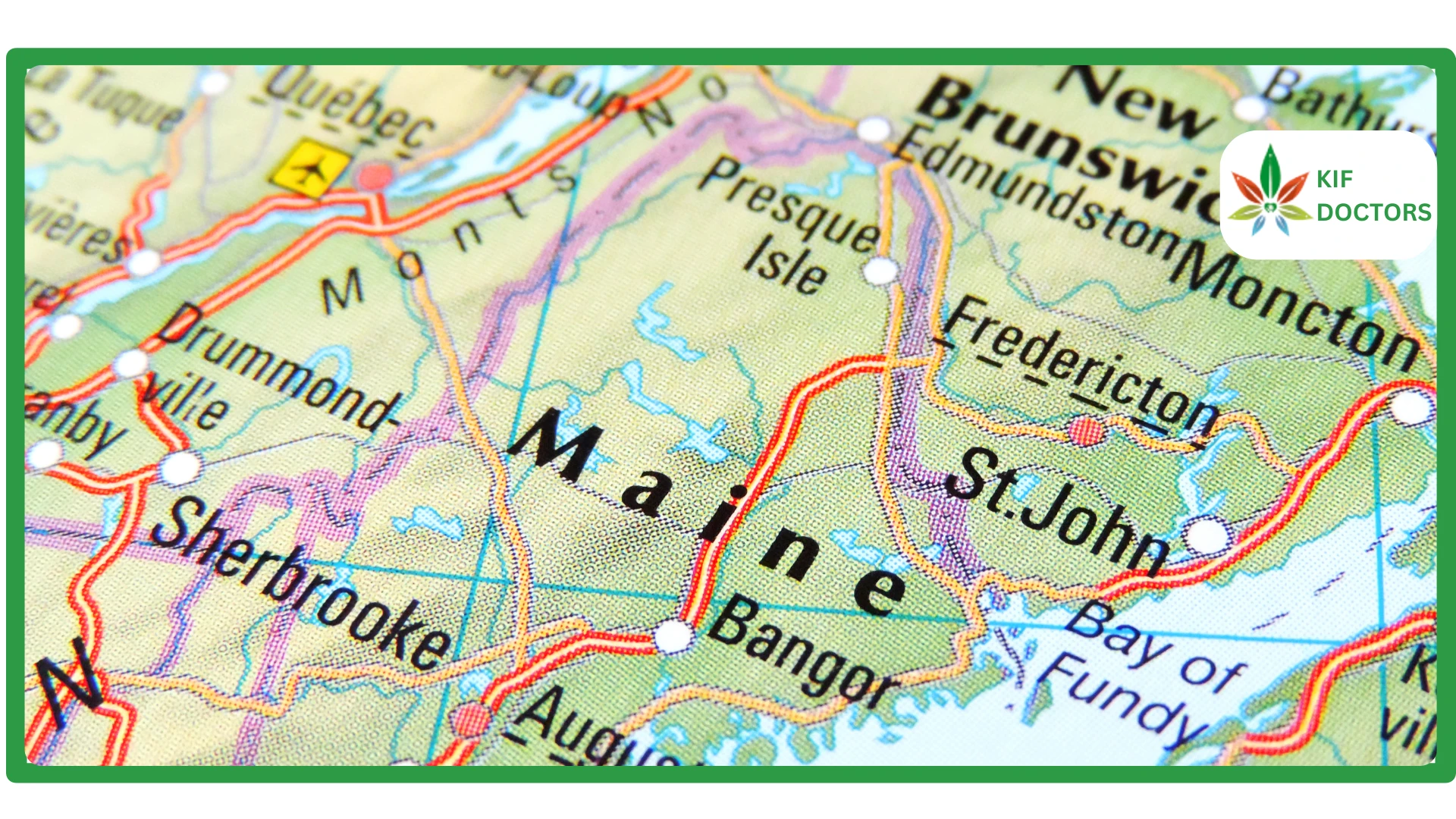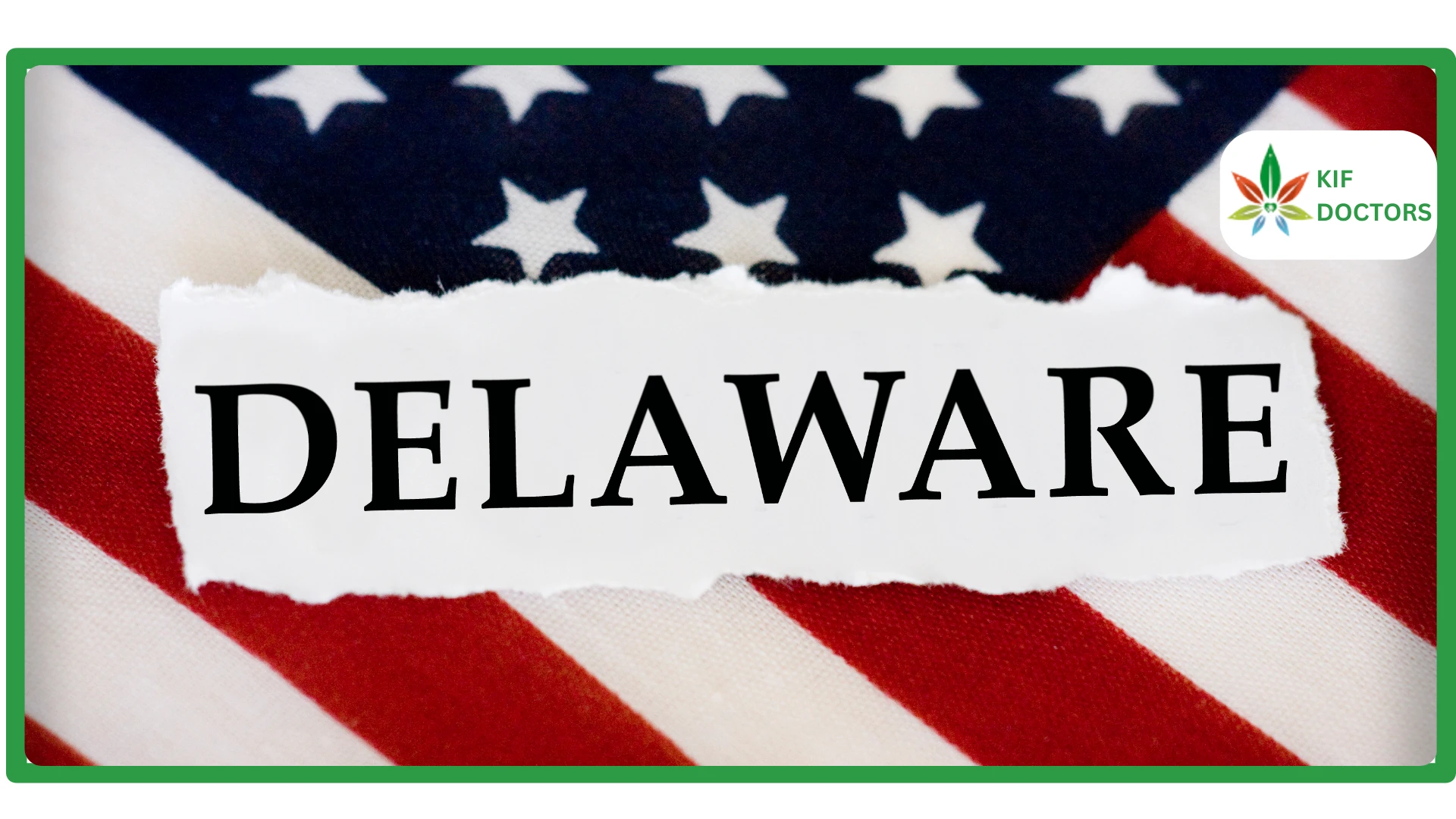Postpartum depression and other mood disorders are common in the early stages of pregnancy. The initial days, weeks, and months are very difficult. You can get completely exhausted from lack of sleep, painful, leaky, or engorged breasts, mental health issues, and other factors.
Postpartum depression (PPD) is thankfully no longer as stigmatized as it formerly was. PPD is being discussed more frequently, and many treatments are better understood. When recognized and treated early, many mothers are having success by prioritizing rest, exercise, vitamin D, and even CBD to help regulate anxiety.
Is PPD an Eligible Condition for Medical Marijuana?
The particular conditions that make patients eligible for medical marijuana in the United States vary by state. However, several jurisdictions permit the use of medical marijuana to treat specific mental health issues, such as PTSD, depression, sleeplessness, and anxiety. For mothers who are dealing with PPD, these conditions may be relevant.
Some states, like New York, permit state-certified practitioners to decide whether a patient qualifies for medical marijuana while taking into account any conditions that might not be specifically included in state law.
Evolution of CBD as a Treatment for Postpartum Mood Disorder
In recent years, CBD has been remarkably well-liked as a treatment for the signs and symptoms of postpartum mood disorders, including anxiety, irritability, and insomnia. It has also demonstrated potential in assisting the body's recovery from childbirth.
According to studies, CBD serves as an excellent gateway, urging you to step away from the chaos within your mind and transition into a composed and collected state of being. CBD is a crucial element in aiding your path to get beyond self-imposed limitations and get back to thriving rather than merely surviving.
THC and CBD are both cannabinoids, but CBD does not cause hallucinations. Therefore, you won't get high from it. Look for a high-quality, full-spectrum oil that is suited to your needs or symptoms when choosing a CBD product.
Potential Benefits of Using Cannabis If You Have PPD
The relationship between cannabis and PPD has not been thoroughly researched by scientists. While much research shows a positive link, certain self-reported studies are against its use by new moms.
Due to marijuana's numerous advantages, those with depression and PPD are approximately twice as likely to use marijuana as compared to the general population.
According to a recent study in the Journal of Biology and Medicine, over 95% of patients who took medical marijuana to treat depression had rapid alleviation. They claimed to feel joyful, upbeat, at peace, and relaxed.
Similar results were reported in another 2018 study, with medical marijuana users confirming an improvement in depressive symptoms of up to 50% and a 58% decrease in anxiety and tension.
How to Use Marijuana If You Need to Get Rid of Postpartum Depression?
Cannabis use for postpartum depression patients must be discussed with a doctor first to determine whether it is a suitable medication. They must then locate a dependable, authorized supplier of medical cannabis, making sure that all of the products are lab-tested and free of toxins.
People should think about the possible hazards to the growth and brain function of their unborn child if they decide to breastfeed. Cannabis use during pregnancy has been linked to negative outcomes like small-for-gestational-age children, premature birth, fetal neurodevelopmental implications, and delayed cognitive development, therefore postnatal use of cannabis may also have negative outcomes.
For individuals who aren't breastfeeding, products with low to moderate THC levels, higher CBD levels, and the plant's broad spectrum of therapeutic components may be the most effective. These full spectrum smokable flower and extract products are made of cannabinoids, terpenes, and flavonoids, which work together in the body to accelerate healing through a phenomenon called the "entourage effect."
To reduce negative side effects and make sure they are mentally sound enough to care for their children, people should think about using marijuana in moderation, regardless of the product type.
To prevent the intoxicating effects of THC while getting relief from anxiety, some choose products with broad-spectrum CBD or CBD isolate rather than full-spectrum products. These items can be safer substitutes, especially for women who are breastfeeding, because they contain no or little THC.
Can Using Cannabis for Postpartum Depression Help You Feel Better?
Cannabis quickly alleviates the symptoms of depression. Additionally, relaxing terpenes like linalool and myrcene found in moderate THC strains (cultivars, chemotypes) might improve your sleep and help you wake up feeling refreshed. Postpartum depression can be fought off effectively by combining improved sleep with instant mood changes, less stress, and decreased anxiety.
Conclusion
While CBD has demonstrated potential in treating a number of health conditions, including postpartum depression, it is vital to practice caution when using it. There is still a need for more thorough scientific study and clinical studies to prove CBD's efficacy as a treatment for various ailments because the quality and effectiveness of CBD products might vary widely. People who are thinking about using CBD for mental health issues should speak with medical professionals and make educated decisions.
 Since 2021, Kif offers a streamlined platform to get a medical marijuana card online. We have served more than 45K patients across the United States. Sign Up Now to get the right to use medical cannabis for your health condition without any delay.
Since 2021, Kif offers a streamlined platform to get a medical marijuana card online. We have served more than 45K patients across the United States. Sign Up Now to get the right to use medical cannabis for your health condition without any delay.
























